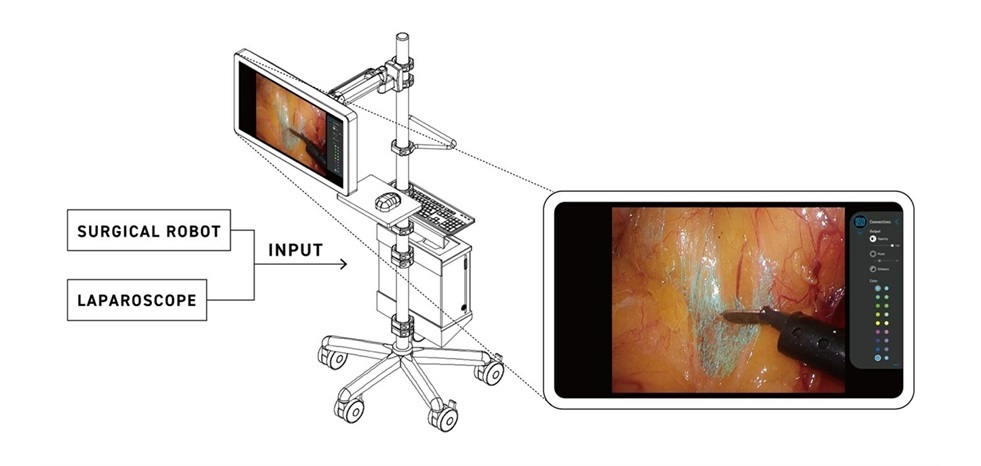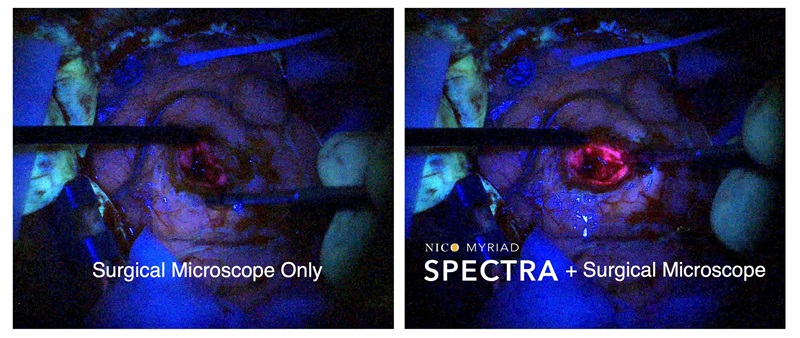Transfusions During Surgery May Increase Risk of Pneumonia
By HospiMedica International staff writers
Posted on 11 Feb 2015
Patients who receive red blood cell (RBC) transfusions during coronary artery bypass grafting (CABG) surgery are at an increased risk of developing pneumonia, according to a new study.Posted on 11 Feb 2015
Researchers at the University of Michigan Health System (Ann Arbor, USA) examined data on 16,182 patients who underwent CABG surgery between 2011 and 2013 in 33 hospitals participating in the Michigan Society of Thoracic and Cardiovascular Surgeons Quality Collaborative. Among participants in the study group, 39.9% received RBC transfusions and 3.6% developed pneumonia, with a significant association found between RBC transfusion and the occurrence of pneumonia.
The researchers found that risk of developing pneumonia increased with volume of RBC transfused; patients receiving one or two units of RBCs had double the odds of developing pneumonia compared to patients not receiving transfusion, while those who received six units or more had a 14-fold increased odds of developing pneumonia. The dose-dependent relationship was consistent across clinical subgroups and was not affected by other blood products, such as platelets. The study was presented at the annual meeting of the Society of Thoracic Surgeons (STS), held during January 2015 in San Diego (CA, USA).
“Pneumonia is a known risk following CABG surgery, and developing it has been shown to significantly increase a patient's risk of morbidity and mortality,” said lead author and study presenter Donald Likosky, PhD. “Patients should receive red blood cell transfusions based on clinical need. Surgical teams may have opportunities to reduce the need for transfusions among patients, thereby reducing the risk of secondary complications.”
Blood transfusions may cause transient immune suppression, thus increasing the susceptibility to infection, although the mechanism remains elusive. Another concern is that after transfusion macrophages lose their migratory ability in response to chemotactic stimuli, and also produce more prostaglandin. There is also an association between the length of storage of transfused RBCs and postoperative pneumonia, since various immunosuppressive substances are released from white blood cell granules during blood storage, contributing to transfusion-induced immunomodulation.
Related Links:
University of Michigan Health System













.jpg)
